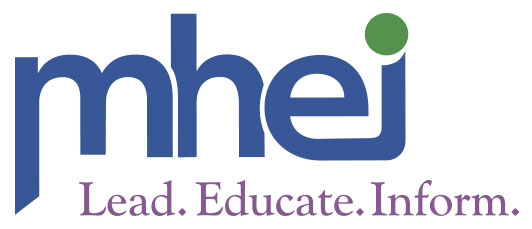The number of Americans age 65 and older is projected to nearly double from 52 million in 2018 to 95 million by 2060, and the 65-and-older age group’s share of the total population will rise from 16% to 23%.
This demographic shift will place intense stress on our nation’s health care system and its effects will surely be felt in Maryland, where about 19% of the population is 60 or over—a figure projected to spike to more than one-in-four Marylanders by 2030.
What does this mean?
It means that we, as healthcare leaders, must set out to build better systems of care—specifically an age-friendly health system where every older adult gets the best care possible.
As our patients age, the healthcare system too will need to change to better support the aging population.
The key will be to know the patient. Spend time with him/her, listen and get to know their lifestyles and what health outcomes they are looking for.
One Maryland physician said she began better supporting the needs of her older patients by starting appointments asking, “What are your goals for your care?” The impetus for the question, she says, was that while clinicians typically are focused on diagnosing and treating disease, older patients are more focused on maintaining the quality of their lives—not on death.
In what may come as a surprise, the physician says, rather than a focus on death, they typically are looking to make the most of their remaining—healthy—years.
Just this simple mindset shift could make a big difference in caring for older patients, she says.
Another physician in Maryland says he has seen a difference in how older generations want to access medical data and in how engaged they want to be in their care. Baby Boomers, for example, he says want to be actively engaged and work collaboratively with physicians to determine the best course of treatment. They also may come armed with research they found online.
Kedar Mate, MD, chief innovation and education officer at the Institute for Healthcare Improvement, will speak on this topic at the upcoming Maryland Healthcare Education Institute’s Healthcare Leadership Conference.
There, he’ll focus on five currents in U.S. healthcare we must harness to develop better systems: leveraging the socio-medical model of health, building joy in work, solving the problem of scale, ensuring co-production with patients, and leveraging the psychology of change.
To learn more about the creation of an age-friendly health system and other important developments in U.S. healthcare, register for the Maryland Healthcare Education Institute’s Healthcare Leadership Conference October 18. Find more information and register online at www.mhei.org.

